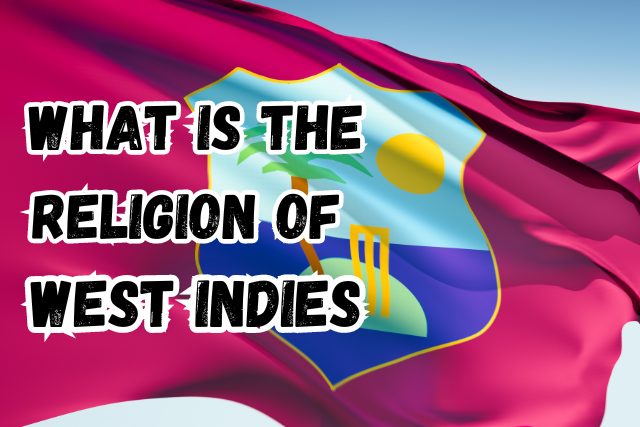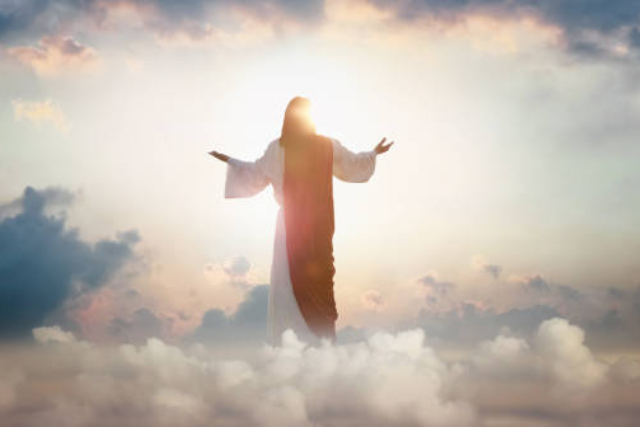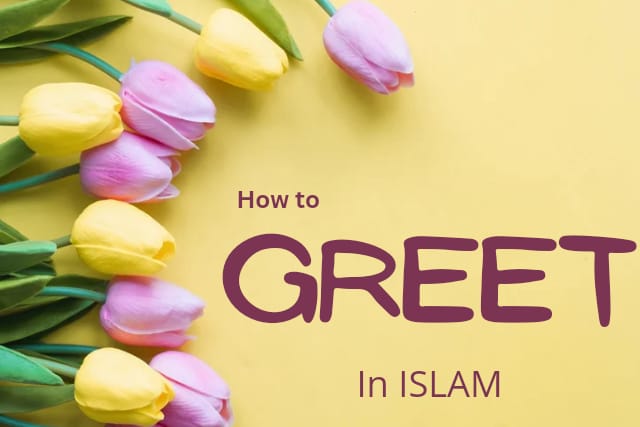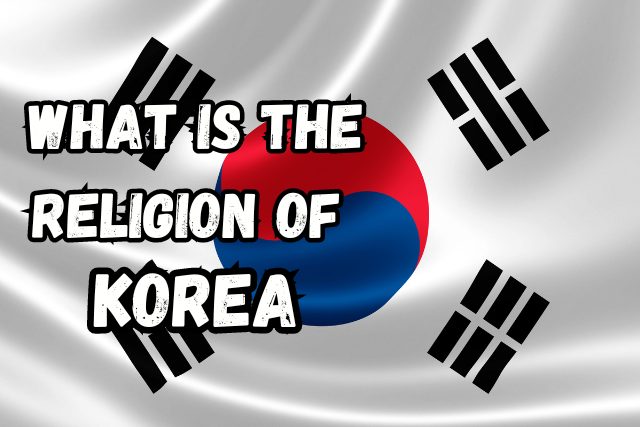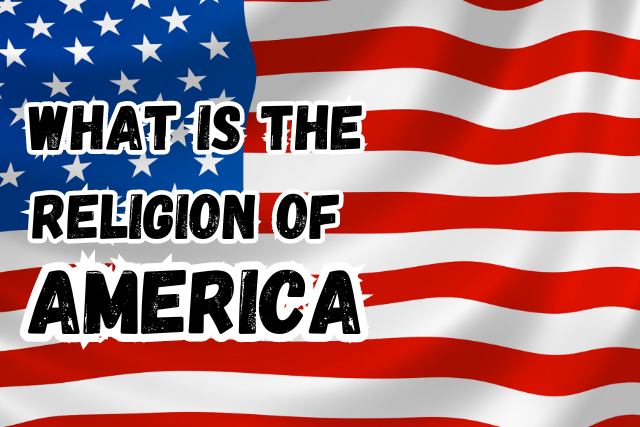What is the Religion of Brazil? Unveiling the Vibrant Faith Landscape
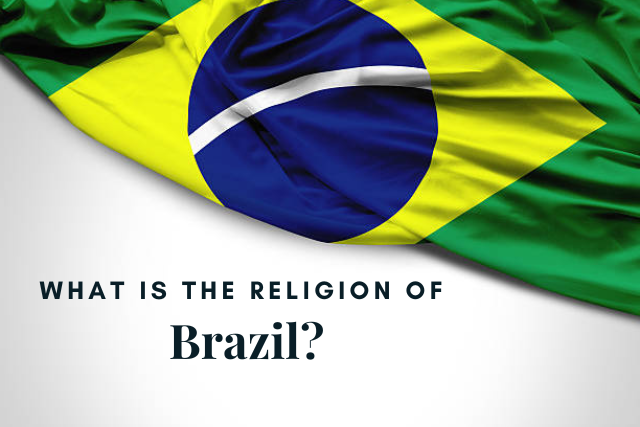
Brazil is a place full of different cultures and beautiful scenery. It also has lots of different religions. Even though most people are Catholic, there are many other beliefs too. Let’s take a look at the different religions in Brazil and finout what is the religion of brazil today.
What is the Religion of Brazil?
In Brazil, most people are Catholic (64.4%), followed by Protestants (22.2%). Some follow other Christian groups (0.7%), Spiritism (2.2%), or other religions (1.4%). About 8% don’t follow any religion, and 0.4% didn’t specify.
Catholicism in Brazil
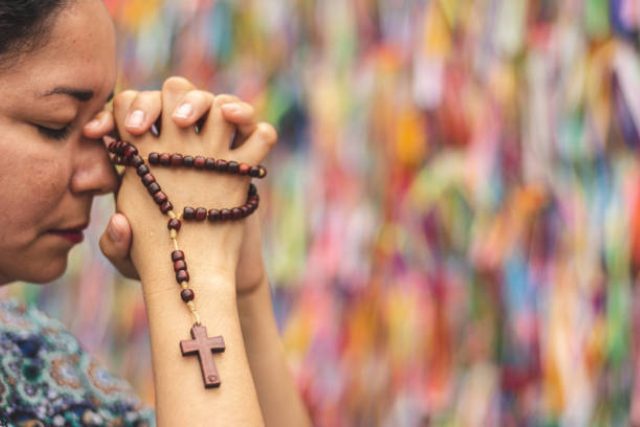
The story of faith in Brazil is intricately linked to its colonial past. When Portuguese settlers arrived in the 16th century, they brought Catholicism with them. Dedicated missionaries played a crucial role in spreading the faith among the indigenous population. Catholicism became deeply ingrained in Brazilian society, even holding the status of the official religion until 1824.
Today, Brazil proudly holds the title of the nation with the largest Catholic population in the world. A staggering 64.4% of Brazilians identify as Catholic, a powerful testament to the religion’s deep roots in the country’s history and cultural fabric.
From the majestic grandeur of the Metropolitan Cathedral of São Paulo to the countless festivals and celebrations steeped in Catholic traditions, the influence of this religion remains deeply woven into the everyday lives of many Brazilians. Additionally, Italian immigrants brought their Catholic traditions, enriching the religious tapestry of Brazil.
Protestantism in Brazil
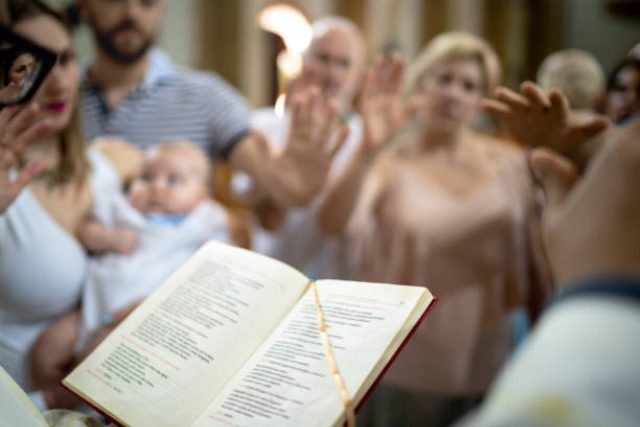
The 20th century witnessed a significant shift in the religious landscape of Brazil. Protestantism, with its emphasis on individual interpretation of the Bible and a more personal relationship with God, began gaining a foothold. Pentecostal and Evangelical churches, known for their charismatic style, lively worship services, and focus on personal conversion, experienced explosive growth. Factors like urbanization, increased literacy, and a growing emphasis on individual choice all contributed to the rise of Protestantism.
These churches often cater to the needs of the urban poor and marginalized communities, offering not only spiritual guidance but also social support networks. Their emphasis on prosperity theology, the belief that God rewards faith with material blessings, resonates with many Brazilians seeking a better life.
Currently, around 22.2% of Brazilians identify with various Protestant denominations, including Seventh-day Adventists, Assemblies of God, and numerous other streams. This growth reflects a desire for a more contemporary and relatable approach to faith, one that caters to the needs and aspirations of the evolving Brazilian society.
Spiritism in Brazil
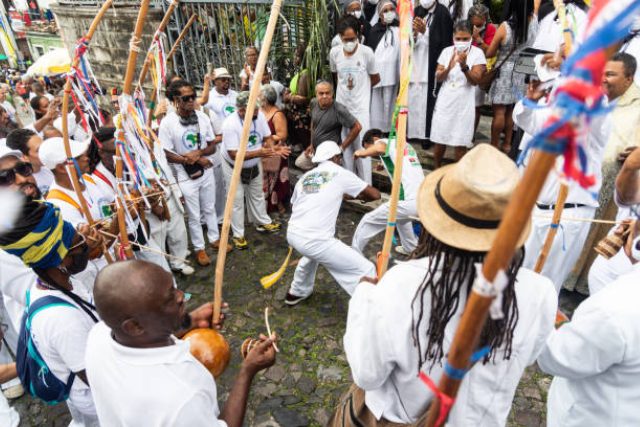
For those seeking a spiritual path beyond traditional religious structures, Spiritism holds a special place in Brazil. This fascinating belief system, a unique blend of spiritualism, Christianity, and elements of African religions, emphasizes communication with spirits and the concept of reincarnation.
Spiritism found fertile ground in Brazil, particularly among those seeking solace and a deeper understanding of the afterlife. Roughly 2.2% of Brazilians identify as Spiritists, adding another layer of richness and diversity to the country’s religious tapestry. Spiritist centers, known as “Centros Espíritas,” offer a space for spiritual growth, community, and a chance to connect with the spirit world through practices like mediumship.
Afro-Brazilian religions in Brazil
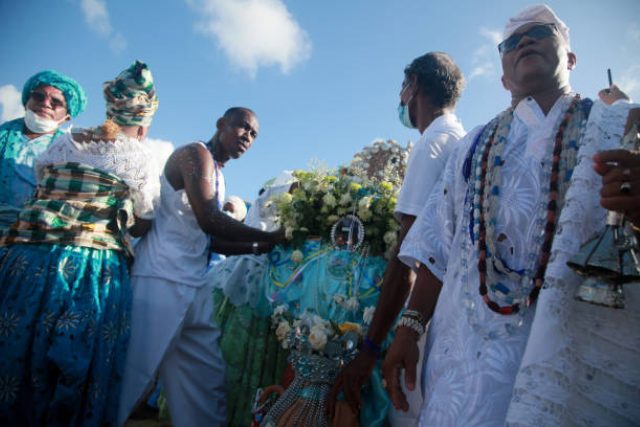
Brazil’s religious landscape extends far beyond these major traditions. Afro-Brazilian religions like Candomblé and Umbanda, with their vibrant rituals and reverence for nature, reflect the country’s strong African heritage. Indigenous beliefs, passed down through generations, honor the spirits of the land and the wisdom of ancestors.
In Brazil, diversity isn’t just accepted, it’s celebrated. From bustling city streets to remote Amazon villages, people of all faiths come together, united by a shared sense of spirituality and belonging. This vast and diverse land offers a place at the table of faith for everyone.
Other religions in Brazil
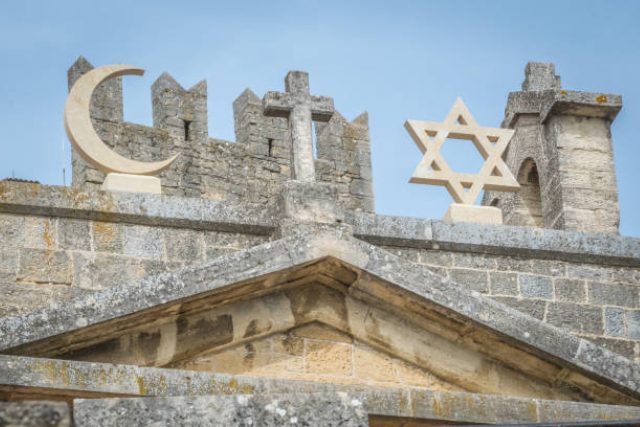
Brazil’s religious landscape extends far beyond these major traditions. Smaller communities of Buddhists, Muslims, Jews, and adherents of indigenous religions contribute to the country’s remarkable diversity. This diversity reflects the country’s history of immigration and cultural exchange. Additionally, a growing number of Brazilians (around 8%) identify as non-religious, signifying a trend towards secularism. This rise in non-religious individuals is often attributed to factors like urbanization and increased access to education.
FAQs About What is the Religion of Brazil
Is Brazil a religious country?
Yes, Brazil is considered a highly religious country. A large majority of the population (around 92%) identify with a specific religion. This high percentage reflects the deep cultural significance of faith in Brazilian society.
What is the official religion of Brazil?
Since 1824, Brazil has not had an official religion. The Constitution guarantees freedom of religion, allowing individuals to practice their faith freely. This freedom of religion has contributed to the country’s diverse religious landscape.
What is the impact of religion on Brazilian culture?
Religion plays a significant role in shaping Brazilian culture. From the vibrant Carnival celebrations, heavily influenced by Catholic traditions, to the rhythmic beats of Candomblé ceremonies, religious influences permeate various aspects of Brazilian life. Religious festivals are major events, bringing communities together and showcasing the rich tapestry of faiths.
Summing Up
As we conclude our exploration of what is the religion of brazil, we’re left with a deeper appreciation for the rich tapestry of faith that defines Brazil. From the grand cathedrals to the humble temples, religion is an integral part of Brazilian life, shaping its culture, traditions, and identity. And while there may be differences among the various faiths, they all share a common goal: to provide comfort, guidance, and meaning in a complex and ever-changing world.

